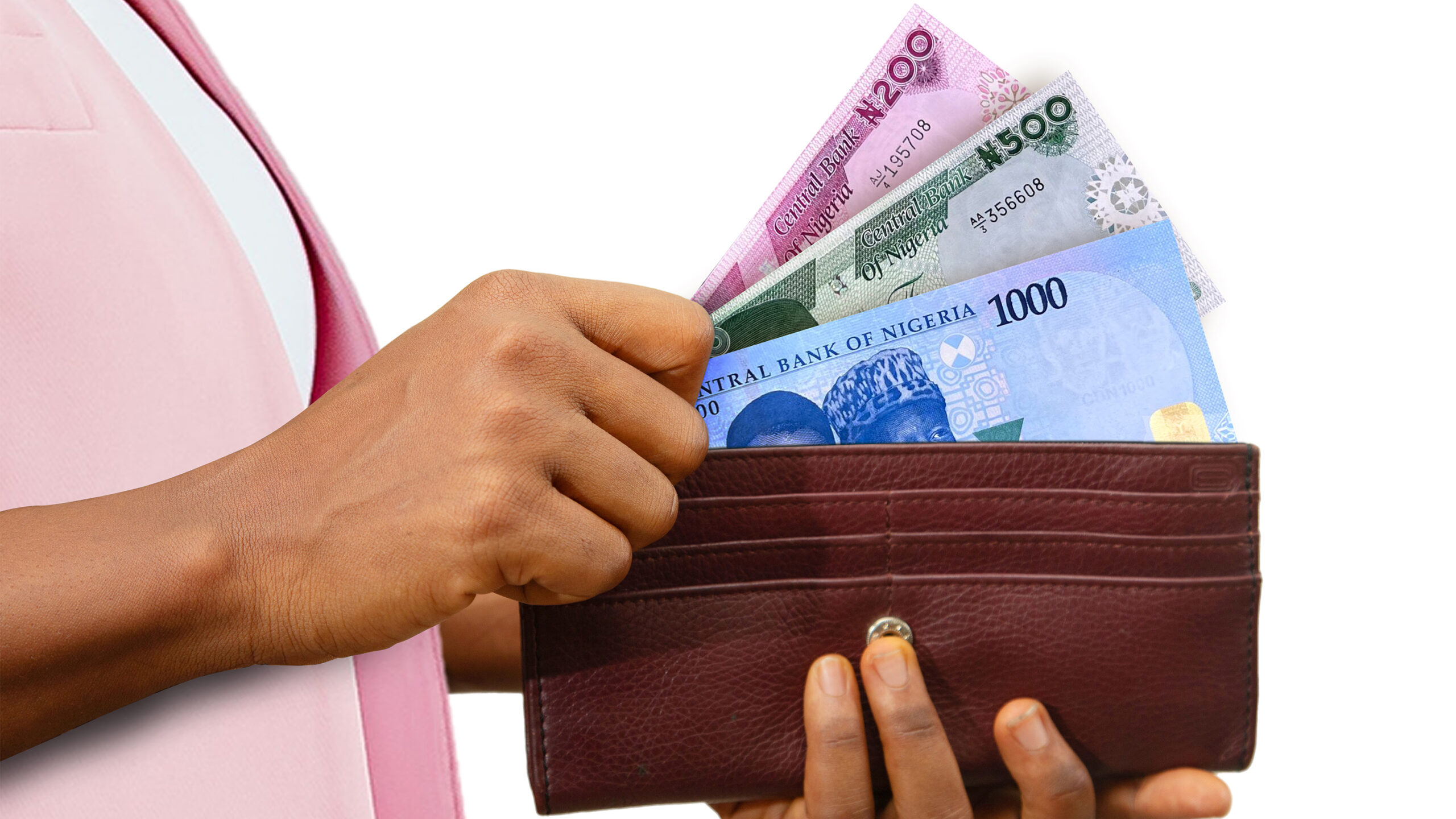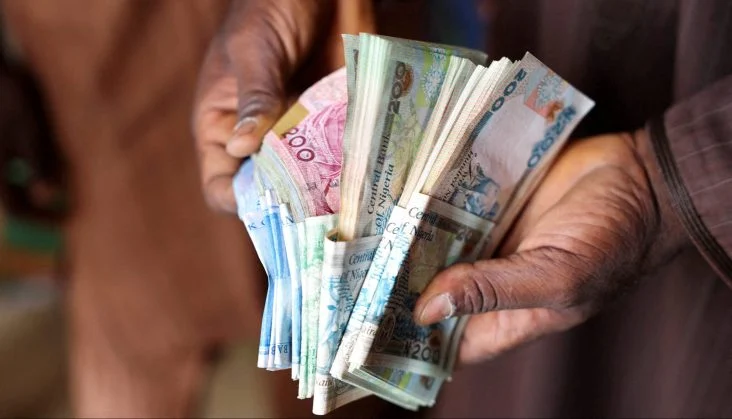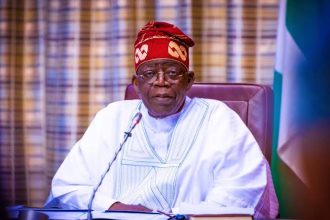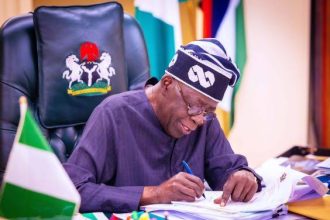Nigeria naira currency has recently recorded a substantial gain against the United States Dollar at the Investors’ Market. This notable surge comes as a much-needed boost for the country, indicating a potential reversal of the currency’s previous struggles. The strengthening of the Naira against the Dollar holds significant implications for various sectors, including trade, foreign investment, and overall economic stability. In this article, we will delve into the factors contributing to this positive shift and its potential impact on Nigeria’s financial landscape.
Understanding the Investors’ Market:
Before delving into the recent gains, it is essential to comprehend the significance of the Investors’ Market. The Investors’ Market is a specialized foreign exchange market where foreign investors can buy and sell currencies. It operates in parallel with the official exchange rate determined by the Central Bank of Nigeria (CBN) and is usually more market-driven, allowing for a more flexible exchange rate system. The rate at the Investors’ Market is influenced by various factors, including supply and demand dynamics, economic indicators, and global market sentiment.
Factors Behind the Nigeria Naira Currency’s Recent Gain:
Several factors have contributed to the recent gain of the Naira against the Dollar at the Investors’ Market:
1. Increased Oil Prices: Nigeria, being a major oil exporter, heavily relies on oil revenues to sustain its economy. The global rise in oil prices has bolstered the country’s foreign exchange reserves, providing the CBN with more firepower to stabilize and strengthen the Naira.
2. Improved Foreign Reserves: With the recovery of oil prices and efforts to diversify revenue sources, Nigeria’s foreign reserves have seen a steady increase. Higher foreign reserves not only support the Nigeria Naira Currency but also enhance the country’s ability to meet external obligations and mitigate economic shocks.
3. Central Bank Interventions: The CBN’s proactive approach to managing the exchange rate has played a vital role in the Naira’s recent gains. Regular interventions in the foreign exchange market to ensure liquidity and curb speculative activities have instilled investor confidence and contributed to the currency’s appreciation.
4. Government Policies: Policy reforms aimed at enhancing economic stability and attracting foreign investments have bolstered investor confidence. Measures to improve the ease of doing business, infrastructure development, and diversification of the economy have had a positive impact on the Naira’s performance.
Potential Impact on the Nigerian Economy:
The Naira’s notable gain against the Dollar at the Investors’ Market holds several potential implications for the Nigerian economy:
1. Price Stability: A stronger Naira can contribute to price stability by reducing the cost of imported goods, particularly essential commodities like fuel, food, and machinery. This, in turn, may alleviate inflationary pressures and improve the standard of living for Nigerians.
2. Attraction of Foreign Investment: A stable and appreciating Naira enhances Nigeria’s appeal to foreign investors. It reduces currency risk, making investments in the country more attractive, potentially leading to increased foreign direct investment and job creation.
3. Boost to Trade Balance: As the Naira gains strength, the cost of imported goods reduces, encouraging consumers to opt for locally-produced alternatives. This can stimulate domestic industries, bolster the trade balance, and foster economic growth.
4. Fiscal Space for Development: A stronger Naira may offer the government more fiscal space to invest in critical sectors such as education, healthcare, and infrastructure, fostering sustainable long-term development.

The recent significant gain of the Naira against the Dollar at the Investors’ Market presents an encouraging sign for the Nigerian economy. Improved oil prices, higher foreign reserves, central bank interventions, and progressive government policies have collectively contributed to this positive shift. While the outlook appears promising, sustaining the Naira’s gains will require continued economic reforms, diversification efforts, and prudent fiscal management.
As Nigeria moves forward, it must remain committed to economic stability, responsible financial policies, and a business-friendly environment to harness the potential benefits of a stronger Naira and build a prosperous and resilient economy.












